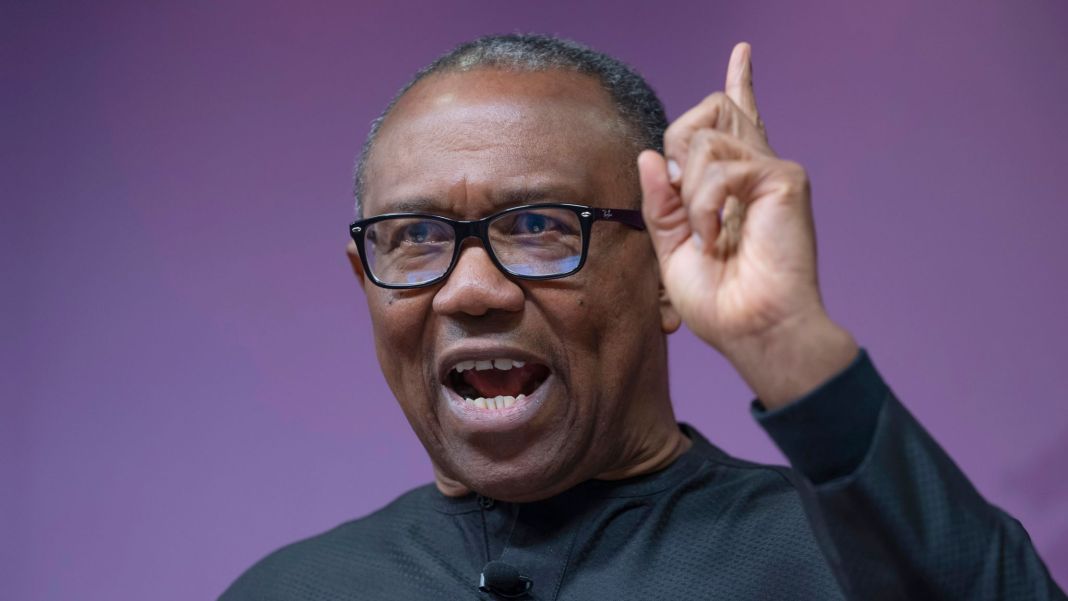The Emir of Kano, Muhammadu Sanusi ll has said the North-West and the North-East remained the poorest parts of the world. Sanusi, made this statement
The Emir of Kano, Muhammadu Sanusi ll has said the North-West and the North-East remained the poorest parts of the world. Sanusi, made this statement at the Kaduna State Economic Summit in Kaduna, the state capital. The monarch, who spoke on the theme ‘Promoting investments in the midst of economic challenges’, said the North, as a region, constituted the highest of the nation’s population, but lacked the necessary indices for progress.
Sanusi added, “We are living in denial. The North-West and the North-East, demographically, constitute the bulk of Nigeria’s population, but look at human development indices, look at the number of children out of school, look at adult literacy, look at maternal mortality, look at infant mortality, look at girl-child completion rate, look at income per capita, the North-East and the North-West Nigeria, are among the poorest parts of the world.
“As far back as 2000, I looked at the numbers, Borno and Yobe states, UNDP figures: Borno and Yobe states, if they were a country on their own, were poorer than Niger, Cameroon and Chad.
“Nobody saw this because we were looking at Nigeria as a country that averages the oil-rich Niger Delta, the industrial and commercial-rich Lagos, the commercially viable South-East, and you have an average.
“Break Nigeria into its component parts, and these parts of the country are among the poorest, if it were a country. And we do not realise we are in trouble.”
Sanusi said for the region to leap forward developmentally, it must fix it social and religious problems. He pointed out that women and children must be loved, not beaten, adding that the region must do away with the 13th century mindset of religion and culture. Sanusi stated, “Other Muslim nations have pushed forward girl-child education, they’ve pushed forward science and technology. They have pushed forward the arts. We have this myth in northern Nigeria, where we try to create an Islamic society that never existed.”
He added that the northern Muslims had adopted an interpretation of culture and religion that was rooted in the 13th century mindset, which refused to recognise that the rest of the Muslim world had moved on. He recalled that books, preaching love, were being burnt in northern Nigeria, calling for a better interpretation of Islamic views so that better life could be provided for women and the girl-child.
Sanusi stated, “We need to understand the roots of the problem of northern Nigeria. Burning books, it happened in Kano. What is the crime of those books? They were writing about (love), and love apparently is supposed to be a bad word.
“In a society where you don’t love your women and you don’t love your children, you allow them to beg, you beat up your women, why should anyone talk about love?
“We have adopted an interpretation of our culture and our religion that is rooted in the 13th century mindset that refuses to recognise that the rest of the Muslim world has moved on.
“Today in Malaysia, you wake up and divorce your wife; that is fine. But you give her 50 per cent of all the wealth you acquired since you married her. It is a Muslim country. In Nigeria, you wake up after 20 years of marriage, you say to your wife, ‘I divorce you’, and that’s it.
“Other Muslim nations have pushed forward girl-child education; they’ve pushed forward science and technology. They have pushed forward the arts. We have this myth in northern Nigeria, where we try to create an Islamic society that never existed.
“We are fighting culture, we are fighting civilisation. We must wage an intellectual war, because Islam is not univocal. There are many voices, there are many interpretations, there are many viewpoints, and we have for too long allow the ascendancy of the most conservative viewpoints. The consequences of that are that there are certain social problems.”


